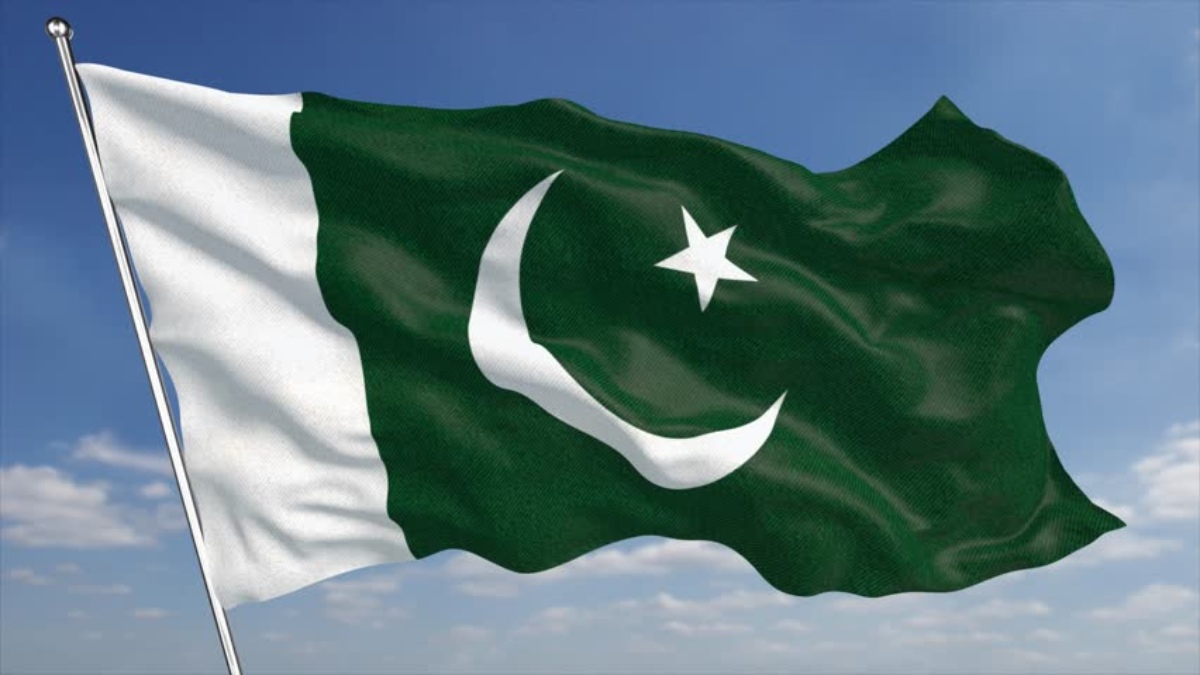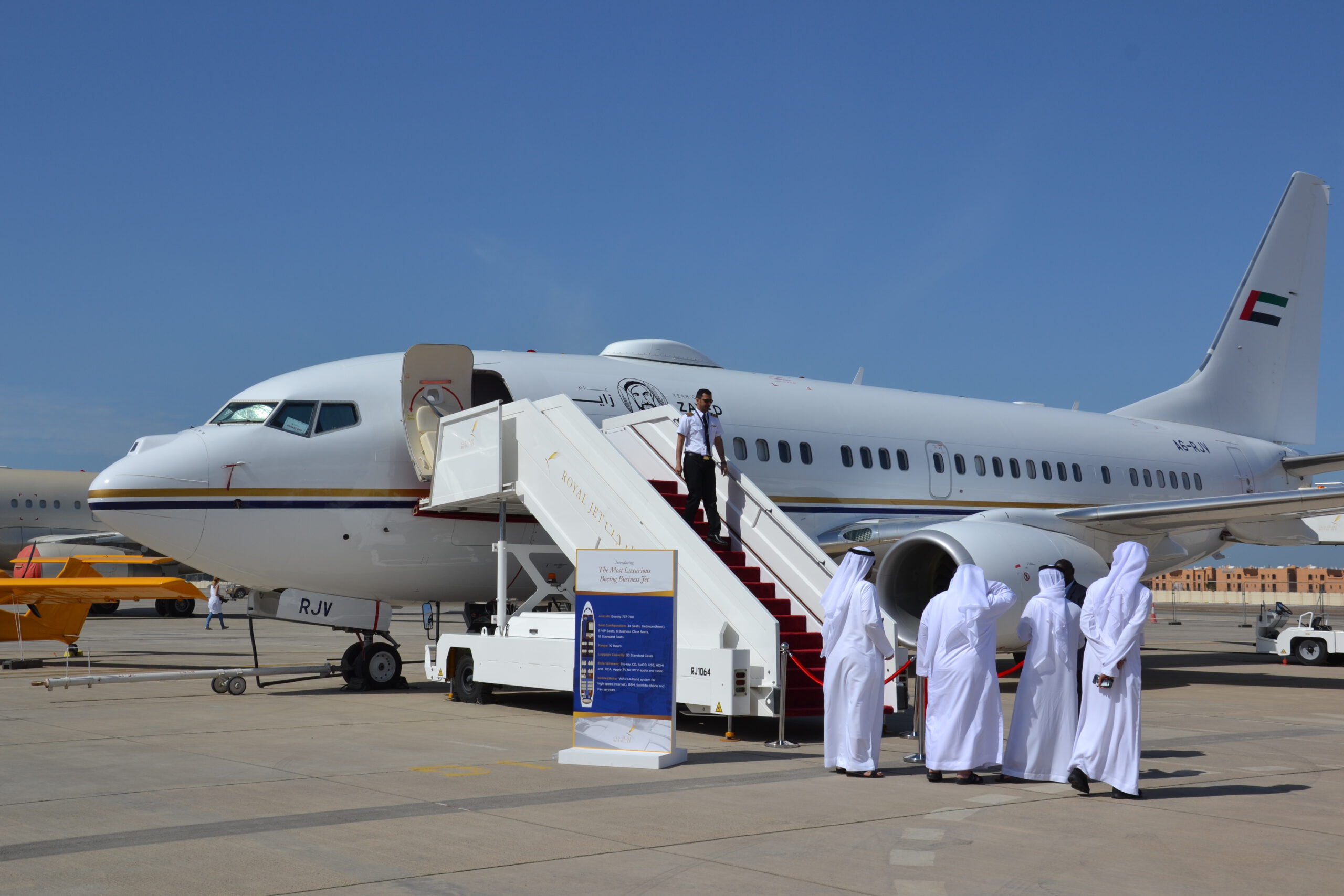
Despite all propaganda and manipulations over the past few months, Pakistan remained on FATF’s grey list, as it left a lot to be desired in terms of taking action against UN-listed terrorists like Hafiz Saeed and Masood Azhar.
Financial Action Task Force (FATF) president Marcus Pleyer said that the decision has been taken at the conclusion of the virtual plenary of the Paris-based organisation. Pakistan continues to remain on “increased monitoring list”, Pleyer said at a virtual press conference. “Increased monitoring list” is another name for the ‘Grey List’, says FATF.
Pakistan could not fulfil FATF’s ‘major task’ of cracking down on terrorists and plugging terror financing. Therefore, the FATF has asked Pakistan to take action against UN designated terrorists, Pleyer said.
The UN designated terrorists based in Pakistan include Jaish-e-Mohammed (JeM) chief Azhar, Lashker-e-Taiba (LeT) founder Hafiz Saeed and its ‘operational commander’ Zakiur Rehman Lakhvi. Azhar, Saeed and Lakhvi are most wanted terrorists in India for their involvement in numerous terrorist acts, including 26/11 Mumbai terror attacks and bombing of a CRPF bus at Pulwama in Jammu and Kashmir in 2019.
Top MEA sources told The Daily Guardian that Pakistan resorted to all sorts of manipulation and propaganda to escape the grey list by seeking to convince the FATF of its so-called efforts to eliminate terrorism from its soil. Needless to say, India’s diplomatic machinery was working overtime to ensure that Pakistan’s plan seeking a clean chit on terrorism comes a cropper. Through diplomatic channels, India managed to drive home the message that Pakistan neither acted against terrorists like Hafiz, Lakhvi and Masood nor did it stop financing them.
Sources said documents running into several pages were made available to the Paris-based FATF headquarters, nailing Pakistan’s lies. “With Pakistan having completed 26 of the 27 action items given to it in 2018 as was said by Pleyer, it was making all efforts to be dropped from grey list giving out incredible and ridiculous explanation on what turned out to be the major task of FATF,” says a diplomat associated with the entire mission. And, this major task was action on terrorism.
Sources say that FATF took a serious note of all the documents and inputs provided by India to expose Pakistan’s false claims on terrorism emanating from its soil. “FATF was convinced about how UN-proscribed terrorists like Hafiz and Masoon Azhar continued to execute their sinister plots, with Pakistan continuing to be a mute spectator,” says an official. What was also brought to notice of FATF was that Pakistan did not stop funding activities of terror camps of these outfits at any point of time. “Even state actors have been found backing the terror activities against India posing threat to the entire region. And, there is evidence of how Pakistan’s military establishment has been behind all this,” an official said.
According to sources, India was closely monitoring all the activities in Pakistan over the last few months just to send out strong inputs to FATF to uncover the reality in the neighbouring country. India believes that Pakistan’s political leadership cannot go hard on terror organisations which are being operated freely and without fear as they enjoy a strong backing of military and intelligence establishments there.
All this got reflected in what Pleyer said further. He said that the Pakistan government has failed to check risk of money laundering, leading to corruption and terror financing, “The FATF encourages Pakistan to continue to make progress to address as soon as possible the one remaining Combating the Financing of Terrorism (CFT)-related item by demonstrating that Terror Financing (TF) investigations and prosecutions target senior leaders and commanders of UN designated terrorist groups,” an FATF statement said.
Pakistan was put on the grey list by the Paris-based FATF in June 2018, and the country has been struggling to come out of it.
As Pakistan continues to be on the FATF grey list, it would be very difficult for the country to get financial aid from the IMF, the World Bank and the European Union, making its financial condition even more precarious.
The Paris-based watchdog has asked Pakistan to continue to make progress to address as soon as possible the one remaining item by demonstrating that Terror Funding investigations and prosecutions target senior leaders and commanders of UN designated terrorist groups.
The FATF is an inter-governmental body established in 1989 to combat money laundering, terrorist financing, and other related threats to the integrity of the international financial system. It currently has 39 members including two regional organisations—the European Commission and Gulf Cooperation Council. India is a member of the FATF consultations and its Asia Pacific Group.















